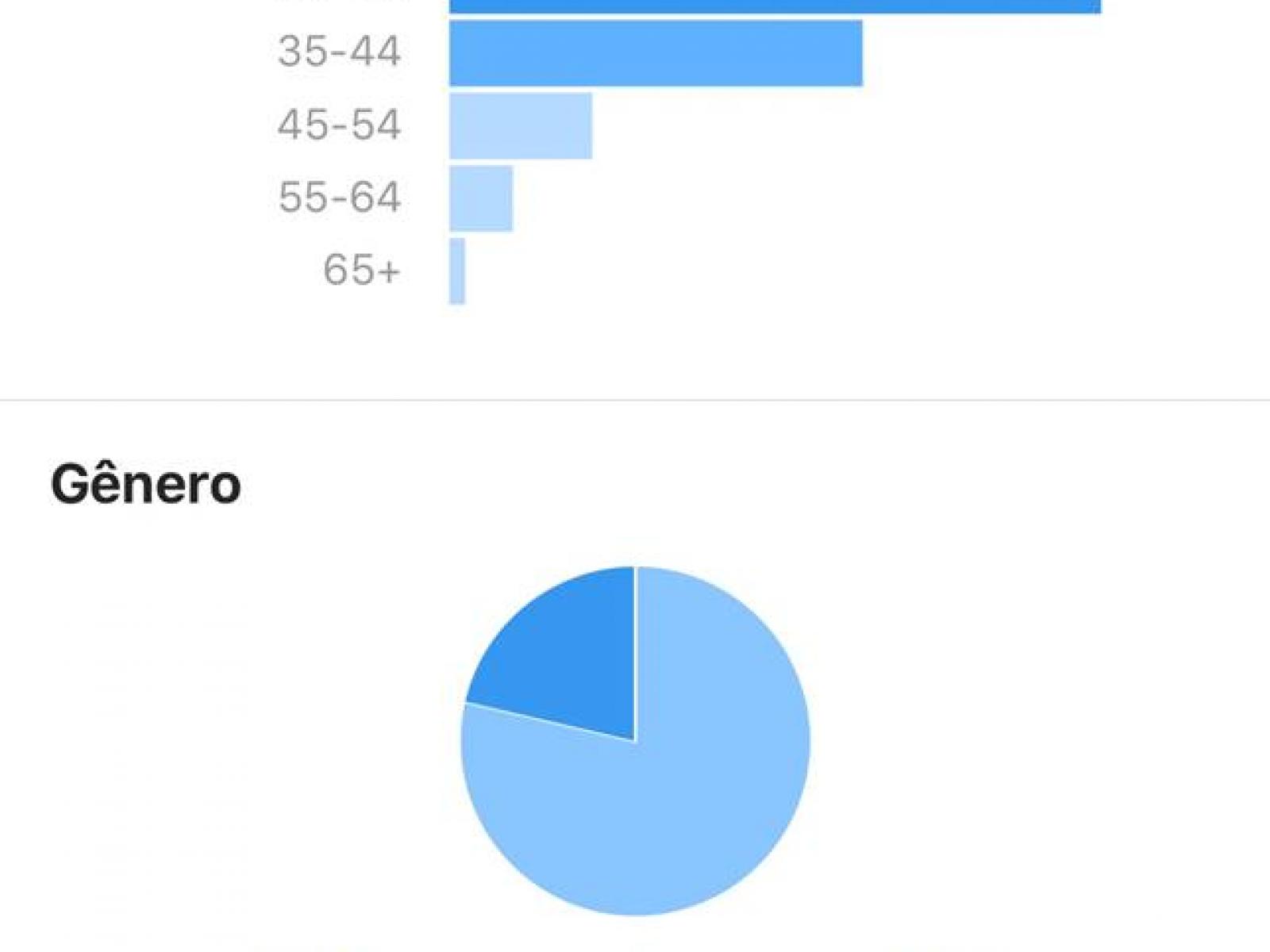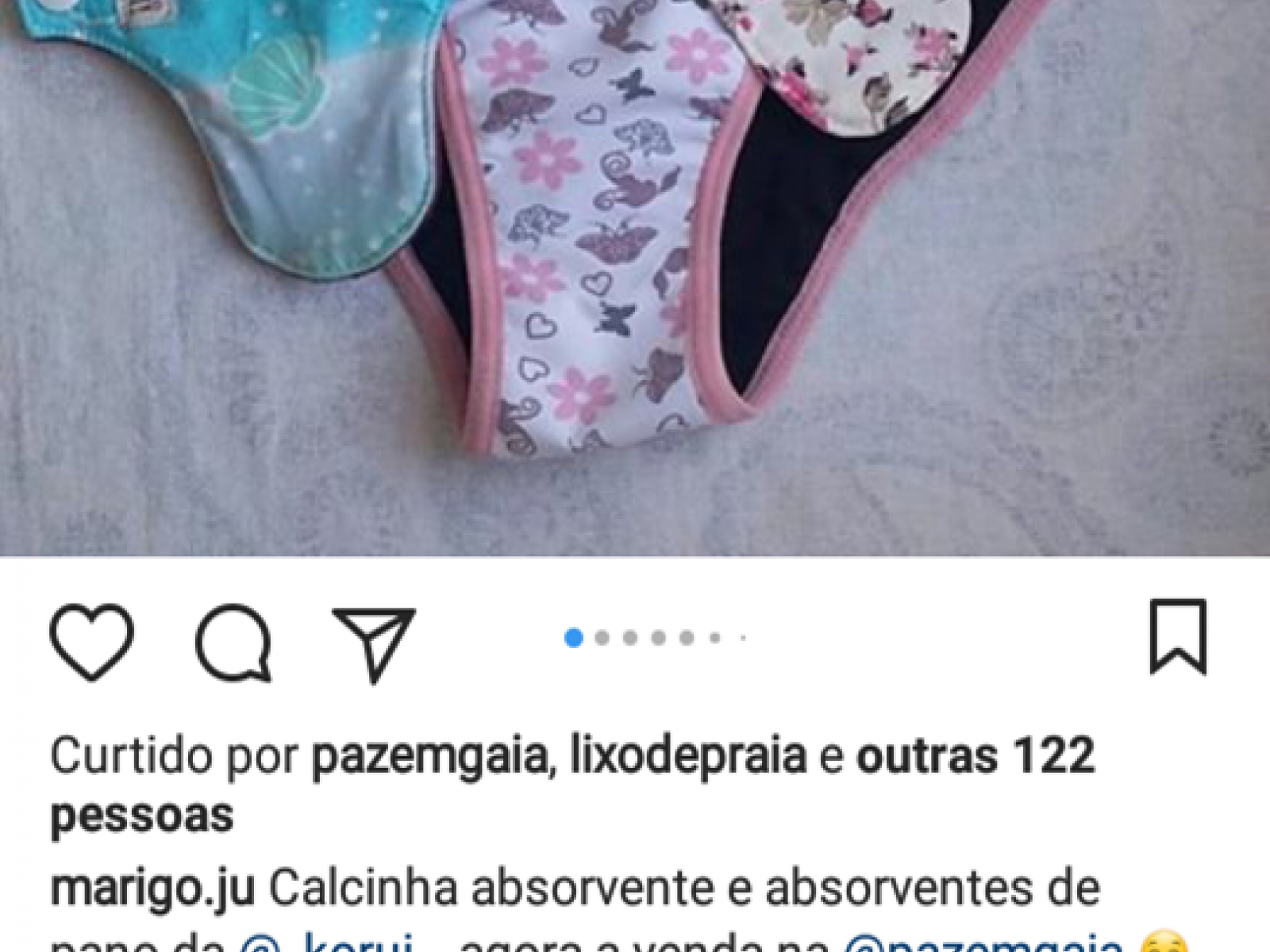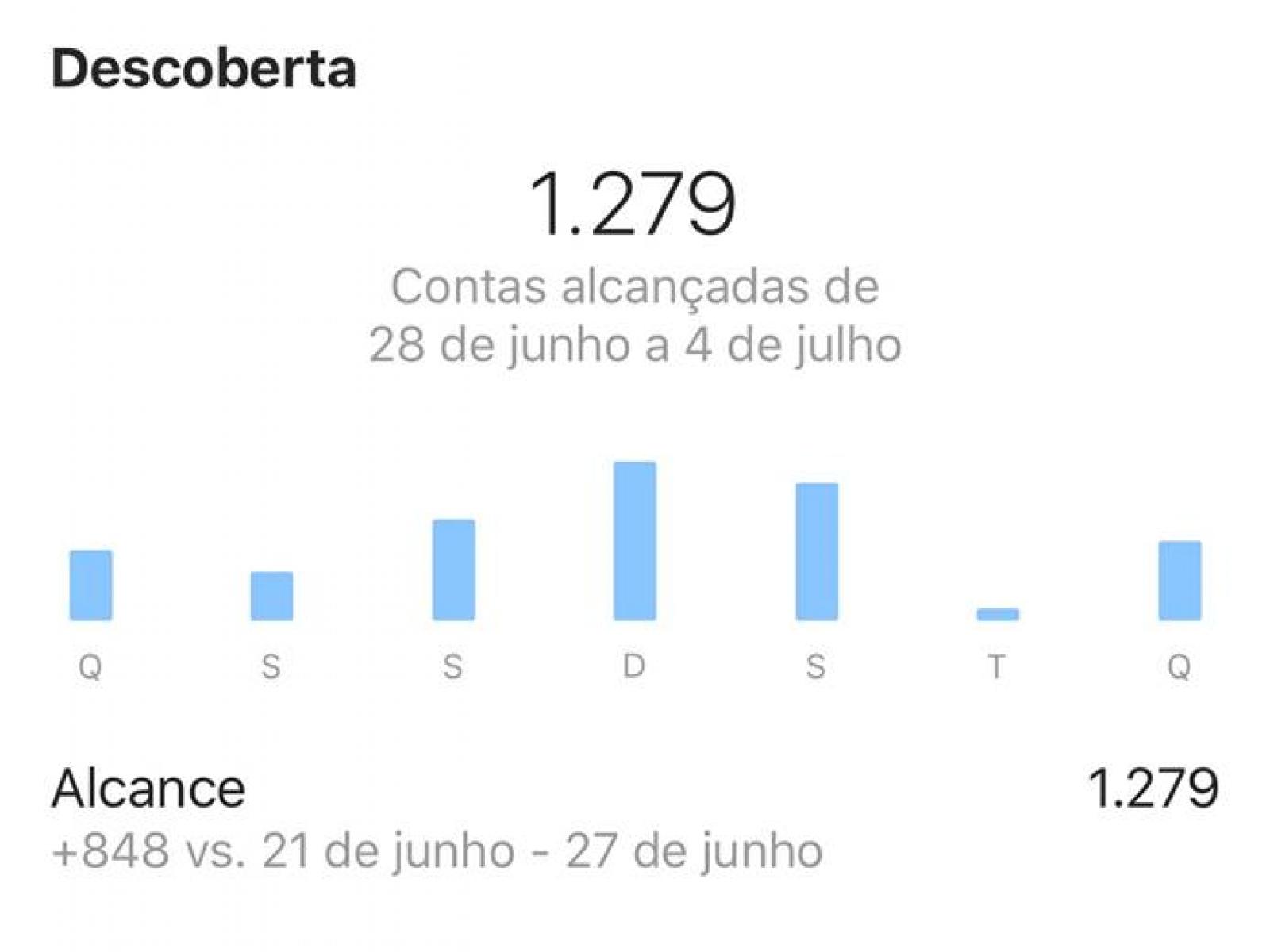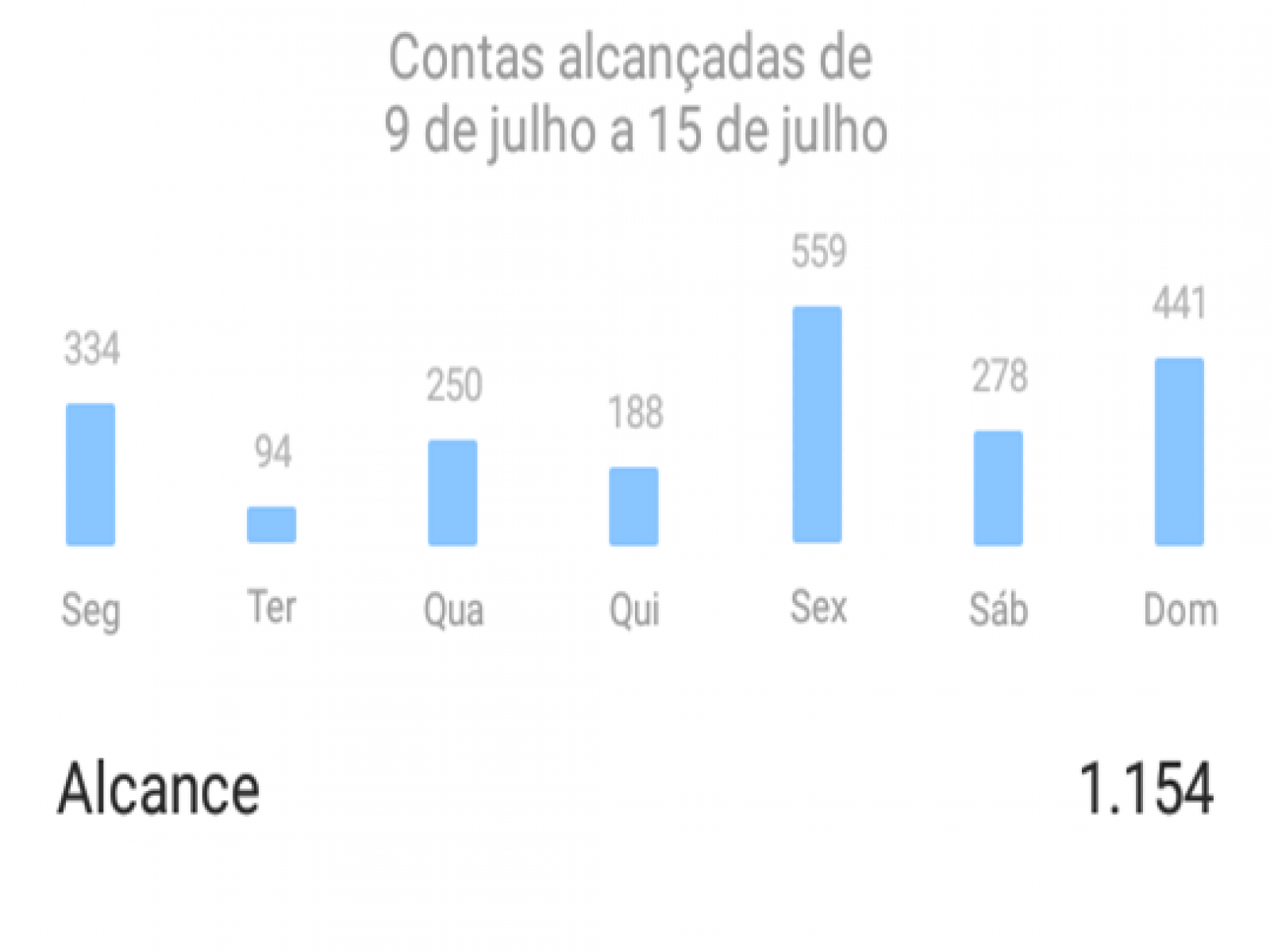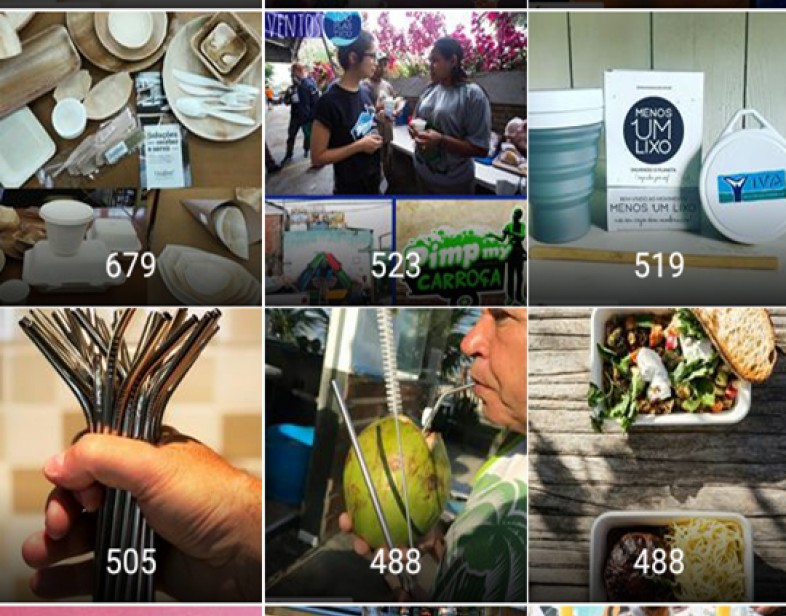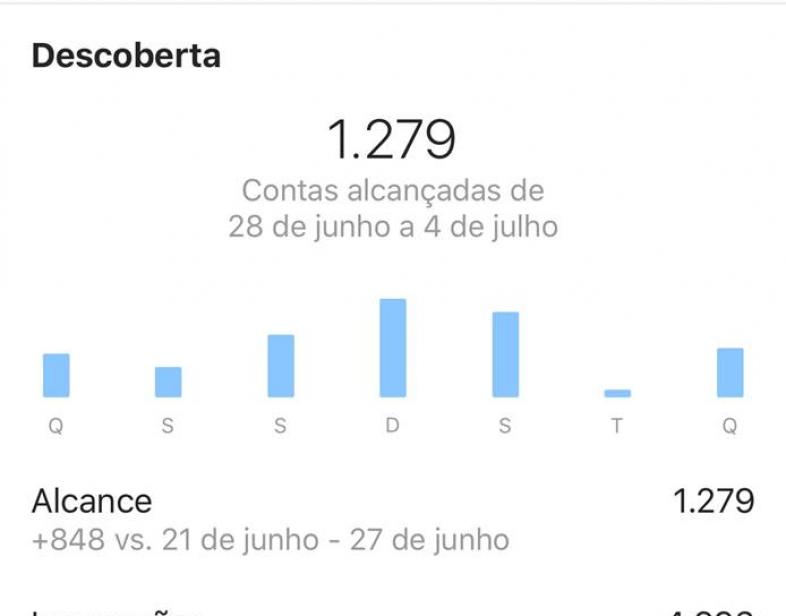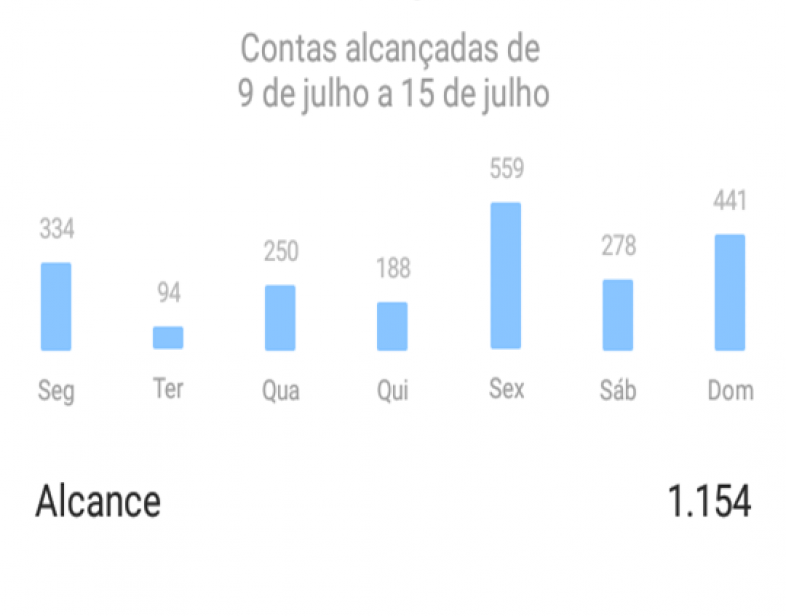An Overview Of Our Solution
I am one veterinarian working with marine animals and understand that plastic is a major issue for animals, oceans and our health. After research and changing a lot of my routine to avoid plastic, I decided to start showing people how they could easily do the same, using my Instagram+facebook personal account and later for the project 100plastico, including website. I received lots of excellent feedbacks, that told me they were “inspired” and started their own changes. We intend to work with diverse groups of people to raise awareness of the importance of recycling, separation and proper disposal of waste. Talking about composting and other household activities, as well as plastic and other disposable reduction in bars and restaurants, we provide tools so that people can actively participate in the solution of the garbage problem.
- Population Impacted: 900-4600
- Continent: South America
Last name
Organization type
Context Analysis
I am one veterinarian working with marine animals and understand that plastic is a major issue for animals, oceans and our health. After research and changing a lot of my routine to avoid plastic, I decided to start showing people how they could easily do the same, using my Instagram+facebook personal account and later for the project 100plastico, including website. I received lots of excellent feedbacks, that told me they were “inspired” and started their own changes. I have also attended to many lectures on circular economy, B companies, sustainability and impact entrepreneurship, and I was volunteer in projects, which allowed me to learn more and make more contacts in this new field for me. I also was elected to be part of the “Environment, Sustainability and Culture of Peace Council” of my neighborhood-municipality office, where I am creating one “group of work on waste” and started contacting restaurant owners that have been open to changes.
Describe the technical solution you wanted the target audience to adopt
The main solution has been showing people easy ways that they might never think about to reduce plastic in daily bases. Thinks like refusing plastic straws, carrying your own bag, shopping bulk, for instance.
Type of intervention
Describe your behavioral intervention
A study presented in 2016 estimated at 8 million tons a year or one garbage truck per minute being dumped into the oceans. The outlook, if there was no global change in behavior, would be that in 2050 the total volume of plastic would equal the volume of fish in the oceans. 100plastico project is born from a current need to reduce the consumption of plastics and to have a positive impact on the environment, especially in the oceans. Our main goal is to raise public awareness about the real impacts of our everyday choices and how they can affect marine life and our own health. The need for action and the alert for threats are not recent nor isolated in the national and global scenario. In 2017, the Brazilian Ministry of the Environment and the UN Environment Program launched the "National Plan to Combat Garbage at Sea" and the "Clean Seas Campaign".
Global behavior changes are urgent and necessary to reverse this dramatic scenario of plastic pollution in the oceans. International regulations, agreements, treaties and public commitments are necessary. Also increase in proper disposal, recycling, technological developments and innovations in the areas of bioplastics and other substitutes are urgent.
And from the point of view of the citizen? What can we do to change this scenario through our daily behavior through our personal choices? We need to raise awareness of the problem through campaigns, events, workshops and actions.
As needed, please explain the type of intervention in more detail
I dream about having one seal such as the “Ocean friendly restaurants” from the Surf Rider Foundation but I am glad to see any smaller changes on people behavior to reduce plastic and waste on daily basis. The American seal also promotes sustainable fisheries which is an important matter here in Brazil as well. I am helping the brazilian group “Aliança de Pesca Responsável’ that works in collaboration with Sea Food Watch-Monterey Aquarium to have zero waste dinners promoting sustainable fishes with important national chefs. And I am also presenting more sustainable alternatives to disposables to the restaurants from my neighborhood.
Describe your implementation
The main activities are through social media: website, Instagram and facebook pages. Since I started posting on the zero waste subject I have almost 1.000 followers on Instagram and a lot of excellent feedback from my postings. I believe that the fact that I am already one researcher with many contacts helped, since not only friends and family follow my posting but also colleagues and students that work with wild and marine animals.
I have also attended to many lectures on circular economy, B companies, sustainability and impact entrepreneurship, and I was volunteer in some projects, which allowed me to learn more and make more contacts in this new field for me.
I live at Pinheiros, close to Vila Madalena, located in São Paulo’s (largest city of Brazil) west zone, Pinheiros is one of the city’s hippest neighborhoods and often draws comparisons to Brooklyn's Williamsburg and Bushwick. Since 2013 with a new metro stop, restaurants and bars have transformed the area into one of the epicenters for nightlife. The owners have been open to changes such as biodegradable straws and some places are already selling metal and glass straws, they also have street festivals which I am proposing to become zero waste and presenting alternatives.
I believe one key to success is that people want to do good if that involves simple changes and we have a growing number of vegetarians, vegans and people looking for cleaner food consumption such as organics, for instance.
The biggest obstacle will always be that plastic is always cheaper.
External connections
I have been collaborating with companies or groups that sell and advertise sustainable products, the main one is Paz em Gaia, one familiar company that sells online items for daily waste reduction such as bamboo toothbrushes and others and people can use my coupon for discount.
I also represent one paper cup company Estilopack which I visited the factory and trust are biodegradable, so whenever someone asks me for advice for small parties, I recommend them. And I also sell the silicon cups from my friends from @Vivabaleiasgolfinhosecia for the same price.
No profits so far besides a lot of people reducing plastic on daily basis.
Who adopted the desired behaviors and to what degree?
I have instagram numbers from both my personal and professional pages and they are very impressive. @marigo.ju has more than 900 followers and @100plastico more than 500.
Number of what they call “impresions”- total number of views of all publications from both can reach more than 4.600 people with single postings having 300-750 views.
The public for both is mostly women (~80%), 25-45 years old and mostly from São Paulo, Brazil.
How did you impact natural resource use and greenhouse gas emissions?
This project and our activities are actions to disseminate or strengthen one or more UN Sustainable Development Objectives (SDO): 11: "Making Cities and Human Settlements Inclusive, Safe, Resilient and Sustainable", 12: "Ensuring Sustainable Production and Consumption Standards"; 14: "Conservation and sustainable use of oceans, seas and marine resources for sustainable development”, the main focus of this project: By 2025, prevent and significantly reduce marine pollution of all kinds, especially from land-based activities including marine debris and nutrient pollution.
Also, Brazil is burying and throwing into the sea, a lot of potentially recyclable material. Only 31.9% has the potential to be recycled, the largest volume (51.4%) is represented by organic ones, susceptible to composting, and the 16.7% are "other" that "have no way". Only 3,8% is recycled by official municipal government programs and a lot more can be done.
What were some of the resulting co-benefits?
Brazil is burying and throwing into the sea, a lot of potentially recyclable material, 31.9% has the potential to be recycled, the largest volume (51.4%) is represented by the organic ones and the 16.7% are "other" or tailings, those that "have no way", they present no possibility other than disposal environmentally sound end. Since 2010 we have a National Solid Waste Policy, which brings several innovations, among them: waste management plans (required for all municipalities and states); shared responsibility (responsibilities of manufacturers, importers, distributors and traders, consumers and holders of public cleaning services); reverse logistics and the hierarchy of waste (not generation, reduction, reuse, recycling and proper treatment of solid waste, necessarily in that order).
We intend to work with diverse groups of people to raise awareness of the importance of recycling, separation and proper disposal of waste. Talking about composting and other household activities, as well as plastic and other disposable reduction in bars and restaurants, we provide tools so that people can actively participate in the solution of the garbage problem.
Sustainability
I believe this project is already a reflection of other similar projects and the difference can be “the public”. For instance, although I follow a lot of zero waste personalities, groups or companies, my family doesn’t but they can get access to information through me.
So far I have been doing this voluntarily because I have one job now that allows me to, I don’t know how it would work if I didn’t and maybe I will need to turn the project in something profitable, by selling items or getting sale’s commissions.
Return on investment
I have spent a lot of time to create the website www.100plastico.com.br and I had to pay someone to do it for me. Also I paid to register the name and to host the site.
As I said, these expenses were affordable now and worth due to the positive feedback I am having.
I have around 900 followers for my personal account and 500 to @100plastico and growing every day, which allows me to reach more people and make more contacts.
How could we successfully replicate this solution elsewhere?
I believe this can be replicated since I am kind of following one format that other have used and I would love to have more people advocating against plastic as well, and I believe this is a movement that is growing fast.
Maybe not everyone would have the time and money to build one website, but they could use mine and use my postings as well.
We need to have more stakeholders involved, public agencies and laws been implemented. We have a few starters on banning straws at Rio de Janeiro and São Paulo already and groups doing it voluntarily (http://www.gazetadopovo.com.br/bomgourmet/bares-e-restaurantes-de-curit… ; https://oglobo.globo.com/rioshow/bares-restaurantes-aderem-ao-movimento…).
With more awareness and people involved, laws won’t be as much necessary as it will be a change of behavior instead of something that requires surveillance and punishment.
